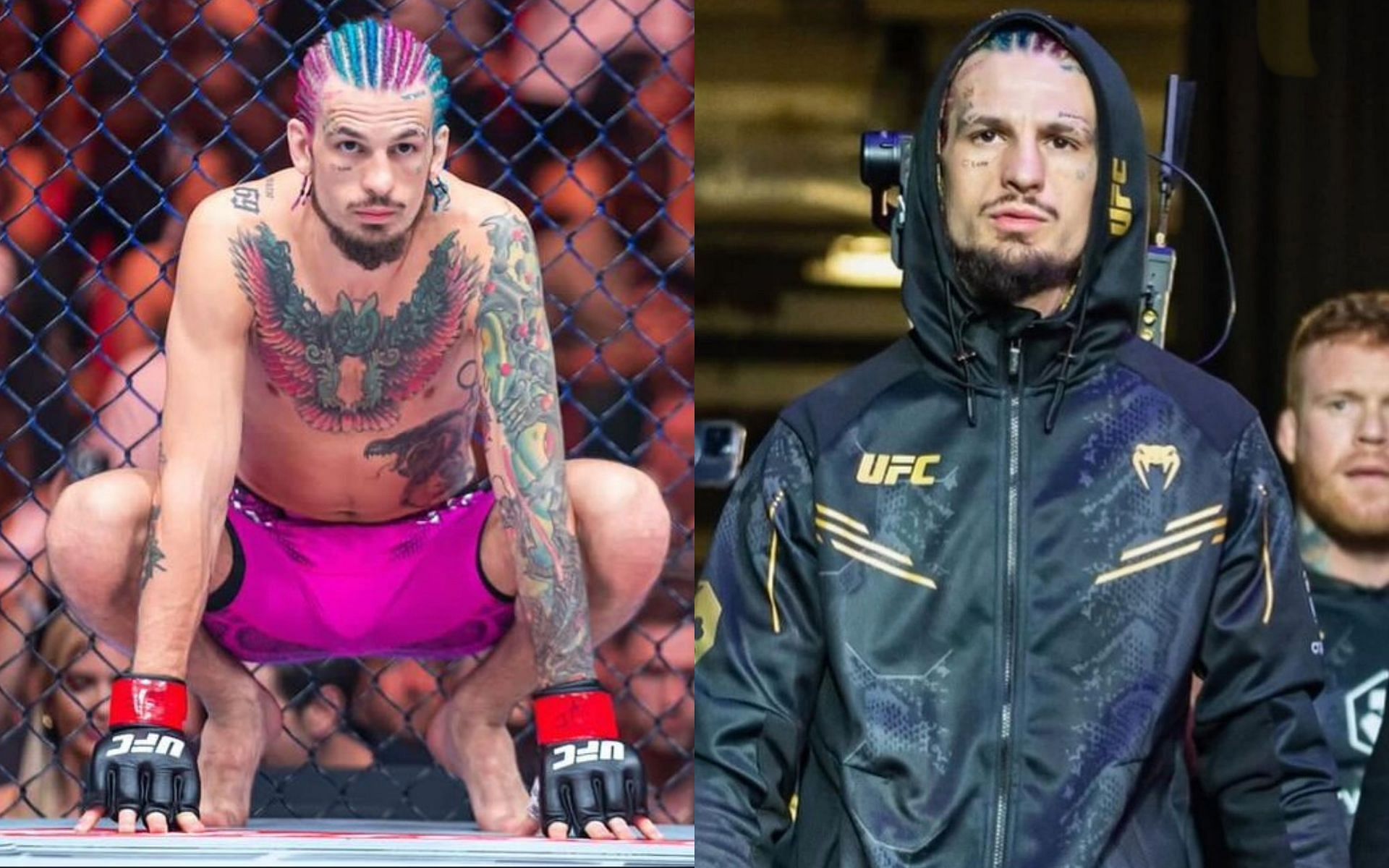
Orthopedic surgeon explains why fighters don't report an injury until after the fight in the wake of Sean O'Malley's torn labrum
Orthopedic surgeon Steve Mora provided his opinion on why fighters like Sean O'Malley decide to compete with serious injuries.
At UFC 306, Merab Dvalishvili outgrappled O'Malley during a five-round stretch to become the new bantamweight champion. 'Suga' struggled with Dvalishvili's relentless pressure and wrestling, but many people also believed O'Malley didn't look like himself, potentially for a reason that didn't involve his opponent.
Following his disappointing performance, O'Malley announced he would be receiving surgery for a torn labrum. Longtime MMA journalist Kevin Iole later questioned Dana White about how a fighter could compete with such an intense injury without the UFC and their medical team knowing.
White didn't have an answer on how the UFC could ensure this doesn't happen again. Meanwhile, orthopedic surgeon Steve Mora posted a video on Instagram and explained why he thinks fighters don't report the injuries:
"Why is it that fighters won't report an injury until after the fight? The first reason is a fighter may think that they are not impeded all by the injury, so they show up expecting to win, expecting to be a hundred percent. If they win, they are heroes. If they lose, they have something to discuss after the fight."
Mora followed up with his second reason relating to fighters not wanting to miss out on an opportunity. In the UFC 306 situation, O'Malley potentially could have been worried about not getting to fight in the Sphere:
"The second reason is the fighter might suspect that they are not a hundred percent, but they show up anyways. It might be because they don't want to lose this opportunity. It might be their last chance to have a big shot."
Lastly, Mora discussed fighters needing to use the UFC insurance for their injuries, which is guaranteed following a fight. With that said, some fighters have revealed that Dana White and the promotion have offered them insurance for injuries suffered in training.
Here's what Mora had to say:
"The third reason is that some of these fighters feel that they should be taken care of by the UFC. After all, they are making huge sacrifices, life and limb type of sacrifices. They're leaving everything in the Octagon, so they feel like their medical care following an injury that was associated with training should be taken care of by the UFC and covered a hundred percent."
Watch Steve Mora's video following the Sean O'Malley situation below:
Sean O'Malley expected to be sidelined for minimum of six to eight months
Sean O'Malley initially announced that he would be taking an extended leave of absence from UFC action, potentially up to a year. Since then, the former bantamweight champion has slightly backtracked, claiming he would like to see where he's at following a six to eight-month recovery from his torn labrum surgery.
It's unclear what the UFC bantamweight title picture will look like once Sean O'Malley returns. If the division is relatively the same, O'Malley could be matched up for a fan-friendly striking matchup against number four-ranked Cory Sandhagen, who called out 'Suga' after UFC 306.